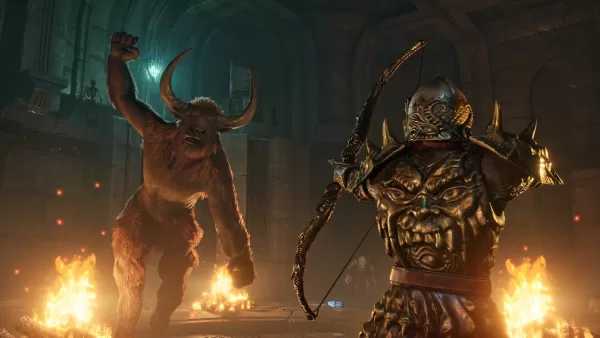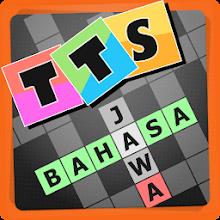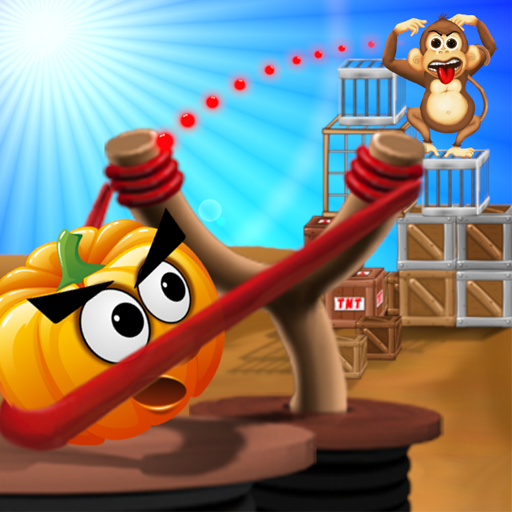When Bethesda unveiled Oblivion Remastered earlier this week, I was astounded. The 2006 journey through Tamriel, once characterized by its quirky, potato-faced characters and blurry, low-resolution landscapes, has now transformed into the most visually stunning Elder Scrolls game to date. My experiences with previous HD remasters, such as the Mass Effect Legendary Edition and Dark Souls Remastered, had led me to expect modest upgrades. However, witnessing the Imperial City, a place I explored nearly two decades ago, rendered with Unreal Engine 5 and ray tracing was a revelation. Moreover, the game has been enriched with enhancements to combat, RPG systems, and a plethora of other details. Given all these changes, I initially wondered if Bethesda and Virtuos had misnamed it. Shouldn't it be called Oblivion Remake rather than remastered?
It seems I wasn't the only one with this question. Many fans have labeled it a remake, and even Bruce Nesmith, a senior game designer on the original Oblivion, remarked, “I’m not sure [the word] remaster actually does it justice.” Initially skeptical, I found that after playing for several hours, it became clear that while Oblivion Remastered may resemble a remake in appearance, it maintains the essence of a remaster in gameplay.
Virtuos has done extensive work, redesigning "every single asset from scratch," which explains why Oblivion looks like a remake. Every element visible on screen, from trees and swords to crumbling castles, is entirely new. This overhaul aligns the game with contemporary graphical standards, featuring exquisite textures, stunning lighting, and a novel physics system that realistically impacts the game world with each arrow and weapon strike. While the characters you encounter are the same as those from 2006, every NPC model has been freshly created. This ambitious project doesn't just aim to recreate the game as it was remembered but elevates it to meet 2025's standards. Had I seen this before the remaster rumors started, I might have mistaken it for The Elder Scrolls 6.
Beyond the visual enhancements, combat mechanics have been significantly improved. Swinging a longsword no longer feels like wielding a balloon. The third-person camera now includes a functional reticule, and all menus, from the quest journal to dialogue and minigames like lockpicking and persuasion, have been given refreshed interfaces. The original, often criticized leveling system has been replaced with a more logical blend of Oblivion and Skyrim's approaches. Additionally, the ability to sprint has been added. With these extensive visual and gameplay upgrades, one might argue that we've entered remake territory.
The industry lacks clear definitions for remakes and remasters, leading to confusion. For instance, Rockstar's "Definitive Edition" remasters of the Grand Theft Auto trilogy retain the blocky look of the PlayStation 2 era with merely upscaled textures and modern lighting. In contrast, the Crash Bandicoot N. Sane Trilogy, also labeled a remaster, boasts entirely new graphical assets, making it appear as a modern game. The situation becomes even more complex with remakes: Bluepoint's Shadow of the Colossus and Demon's Souls are rebuilt from the ground up but remain faithful to the originals. Resident Evil 2 retains its original structure but redesigns gameplay interactions, while Final Fantasy 7 Remake and Rebirth radically alter the original's design, script, and story. These examples, all classified as remakes, exhibit little commonality in approach.
Historically, games rebuilt from scratch in a new engine were considered remakes, while remasters were seen as upgrades within the original technology's limits. However, this distinction is becoming outdated. A more fitting definition today might be that remasters offer graphical overhauls while preserving the original game's design (with some quality-of-life improvements), whereas remakes redesign the game entirely. This would reclassify Demon's Souls and the upcoming Metal Gear Solid: Delta as remasters, reserving the remake label for games that truly reinterpret old ideas.
 New lighting, fur, and metallic effects are just the beginning of the changes in Oblivion Remastered. Image credit: Bethesda / Virtuos
New lighting, fur, and metallic effects are just the beginning of the changes in Oblivion Remastered. Image credit: Bethesda / Virtuos
Applying these proposed definitions, Oblivion Remastered is appropriately named. Although its new assets and Unreal Engine 5 ray tracing make it look brand new, it retains the core mechanics and structure of the original game, with all its quirks and idiosyncrasies. As Bethesda explained, “We looked at every part and carefully upgraded it. But most of all, we never wanted to change the core. It’s still a game from a previous era and should feel like one.”
The essence of that era is evident everywhere: in the loading screens behind every door, the baffling persuasion minigame, the simplistic city designs, the awkwardly wandering NPCs, the somewhat detached combat, and the preserved bugs and glitches that add to the original's charm.
Recent games like Obsidian's Avowed showcase modern approaches to combat and exploration, making Oblivion Remastered's systems seem dated. Yet, the game's world retains its magic, with its expansive fields full of mysteries and the ambitious features like dynamic goblin wars and engaging quest structures that outshine Skyrim's repetitive dungeon missions. While the game's detailed elements may feel aged, its core ideas about player freedom remain refreshing. However, its dialogue, system interconnectivity, and level design are unmistakably from an older era. A remake would update these aspects, but Oblivion Remastered is about reliving the past, hence the apt name.
In the film industry, remakes are new productions with fresh casts and scripts, while remasters enhance existing films to meet modern visual standards. Like a 4K restoration of a classic film, Oblivion Remastered pushes visual quality to its limits within video games' more flexible medium. Alex Murphy, executive producer at Virtuos, likened the Oblivion game engine to the brain and Unreal 5 to the body, emphasizing that while the visuals are new, the core gameplay remains unchanged.
Oblivion Remastered is precisely what it claims to be, and this should not diminish its accomplishments. Instead of labeling it a remake, we should recognize it as the benchmark for remasters by other major AAA developers. This is the standard that should have been met by Mass Effect Legendary Edition and Grand Theft Auto: The Trilogy. Oblivion Remastered is a testament to passionate craftsmanship and loving preservation, perfectly embodying what a remaster should be.















